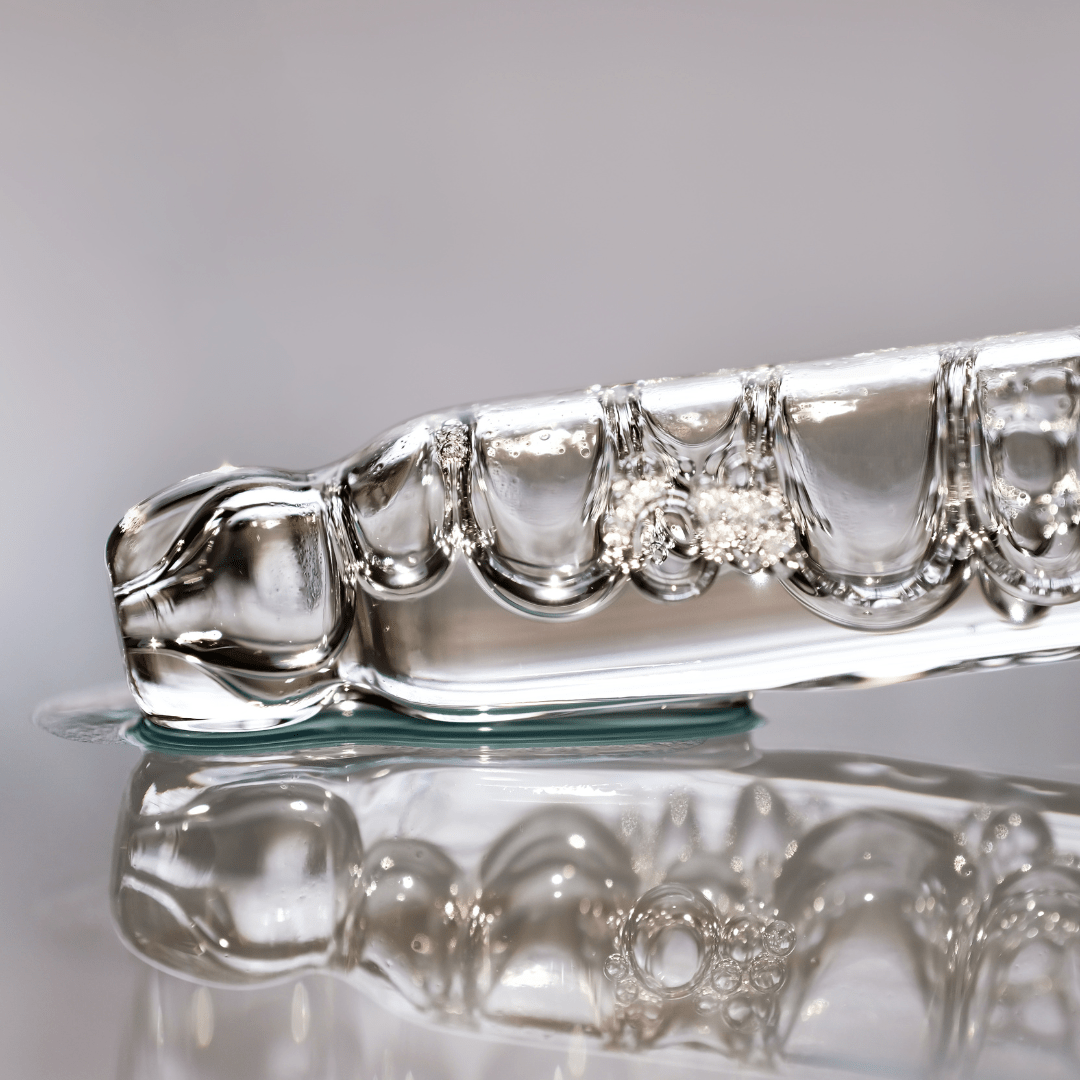
What Causes Acne, and what are the best active ingredients to avoid it?
Share
Acne is a common skin condition that affects millions of people worldwide, often beginning in adolescence and sometimes persisting into adulthood. While it is frequently associated with hormonal changes during puberty, acne can be influenced by a variety of factors. Understanding what causes acne is essential for effectively treating and preventing it.
The Science Behind Acne
Acne occurs when hair follicles, or pores, become clogged with oil (sebum) , dead skin cells , and bacteria . This blockage leads to inflammation and the formation of pimples, blackheads, whiteheads, and sometimes cysts. Here are the main factors that contribute to acne development:
-
Hormonal Changes : Androgens, the hormones that increase during puberty, cause the sebaceous glands to enlarge and produce more sebum. Hormonal fluctuations during menstruation, pregnancy, and the use of oral contraceptives can also exacerbate acne.
-
Excess Sebum Production : Overactive sebaceous glands can produce too much oil, leading to clogged pores.
-
Bacteria : Propionibacterium acnes (P. acnes) is a type of bacteria that naturally lives on the skin. When a pore becomes clogged, P. acnes can multiply, causing inflammation and acne lesions.
-
Dead Skin Cells : The shedding of dead skin cells can block hair follicles, creating an environment where bacteria can thrive.
-
Diet : Some studies suggest that certain foods, such as those high in refined sugars and dairy, may trigger or worsen acne.
-
Stress : Stress can increase the production of hormones like cortisol, which can aggravate acne.
-
Genetics : A family history of acne can increase the likelihood of developing the condition.
Recommendations for Managing Acne
Effectively managing acne involves a combination of good skincare practices, lifestyle adjustments, and sometimes medical treatments. Here are some recommendations to help keep acne under control:
-
Maintain a Regular Skincare Routine : Use gentle, non-comedogenic (non-pore-clogging) products to cleanse , moisturize , and protect your skin . Avoid harsh scrubbing, which can irritate the skin and worsen acne.
-
Use Products with Proven Ingredients : Look for skincare products containing ingredients known for their anti-acne properties. MONO Skincare offers a full range formulated with active ingredients to combat acne and improve skin health effectively:
- POLYGLYCERYL-3 CAPRYLATE : Known for its antimicrobial properties, it helps fight against acne-causing bacteria like P. acnes.
- CITRIC ACID : Balances the pH of the skin, creating an environment less conducive to bacterial growth.
- INULIN : These prebiotics balance the skin's microbiome, promoting the growth of beneficial bacteria and reducing harmful ones like Cutibacterium acnes.
- SODIUM RETINOYL HYALURONATE : A derivative of retinoic acid, it has anti-inflammatory properties, promotes collagen synthesis, and helps reduce acne and acne scars.
- ALOE VERA : Known for its soothing and healing properties, aloe vera can help reduce inflammation and repair damaged skin.
-
Watch Your Diet : Although the link between diet and acne isn't definitive, some people find that reducing dairy and high glycemic index foods can help manage their acne. Drinking plenty of water and eating a balanced diet rich in fruits, vegetables, and whole grains can also improve skin health.
-
Manage Stress : Incorporate stress-reducing activities into your daily routine, such as exercise, meditation, or hobbies you enjoy. Adequate sleep is also crucial for maintaining hormonal balance and skin health.
-
Avoid Touching Your Face : Your hands can transfer oil, dirt, and bacteria to your face, potentially worsening acne. Try to avoid touching your face throughout the day and always wash your hands before applying skincare products.
-
Seek Professional Help : If over-the-counter products and lifestyle changes don't improve your acne, consider consulting a dermatologist. They can recommend prescription medications or treatments, such as topical retinoids, antibiotics, or hormonal therapies.
Acne is a multifaceted condition with various contributing factors, including hormonal changes, excess sebum production, bacteria, and more. By understanding these causes and adopting a comprehensive skincare routine with effective ingredients, such as those found in MONO Skincare products, you can better manage and prevent acne. Remember to maintain a healthy lifestyle, manage stress, and seek professional advice when needed to achieve clearer, healthier skin.
